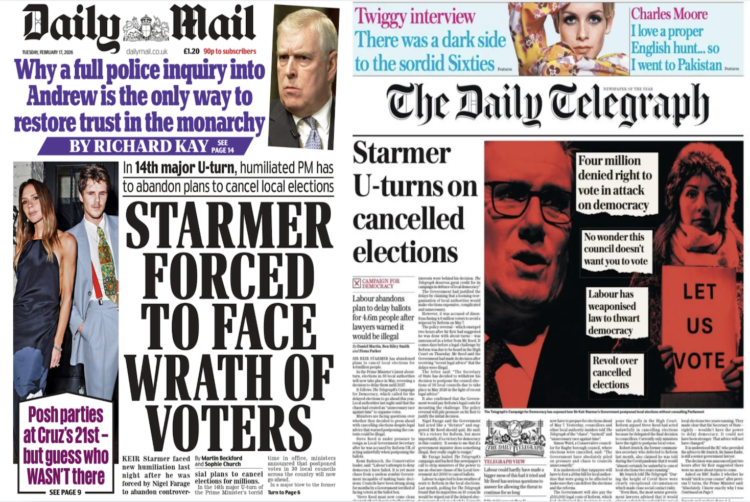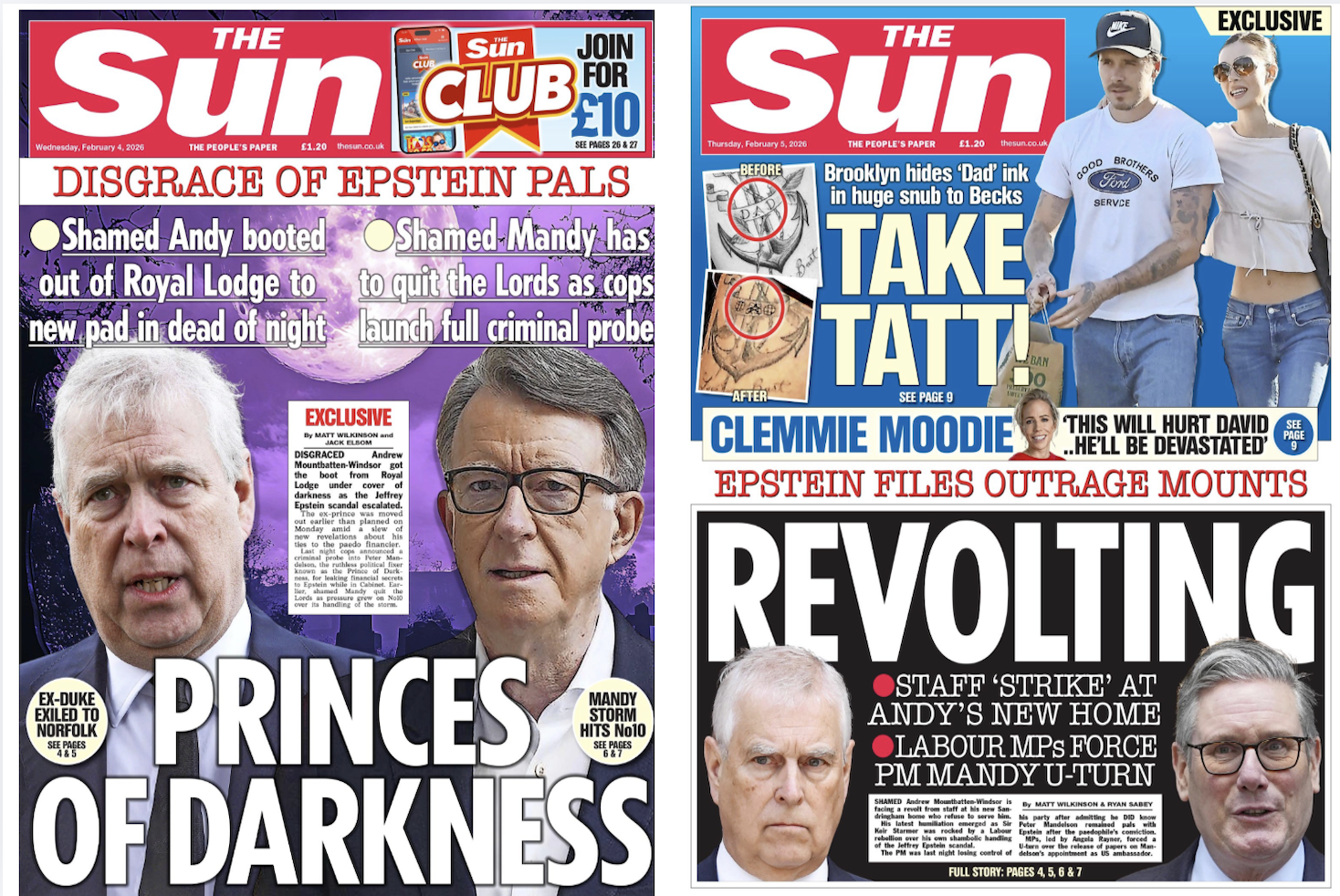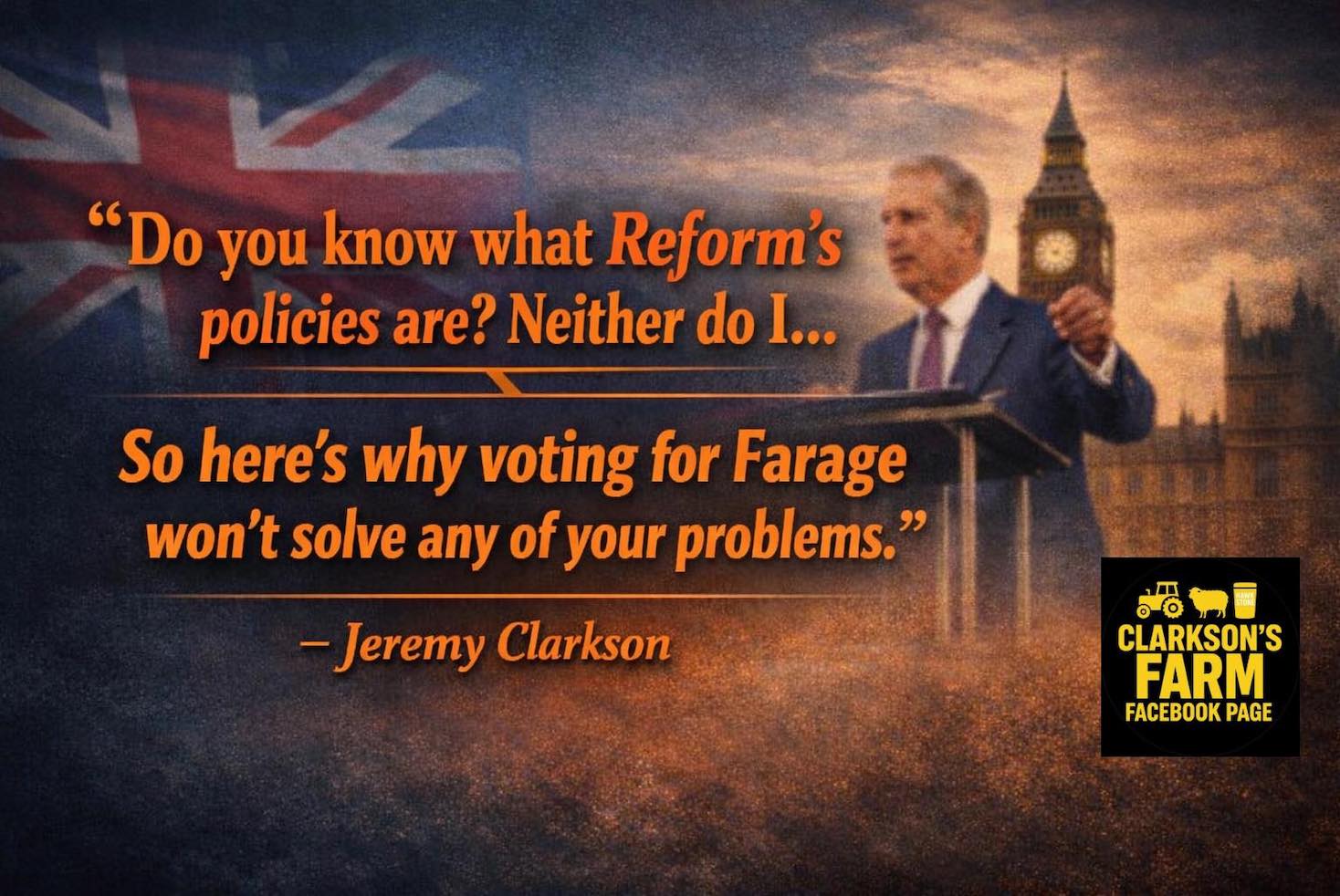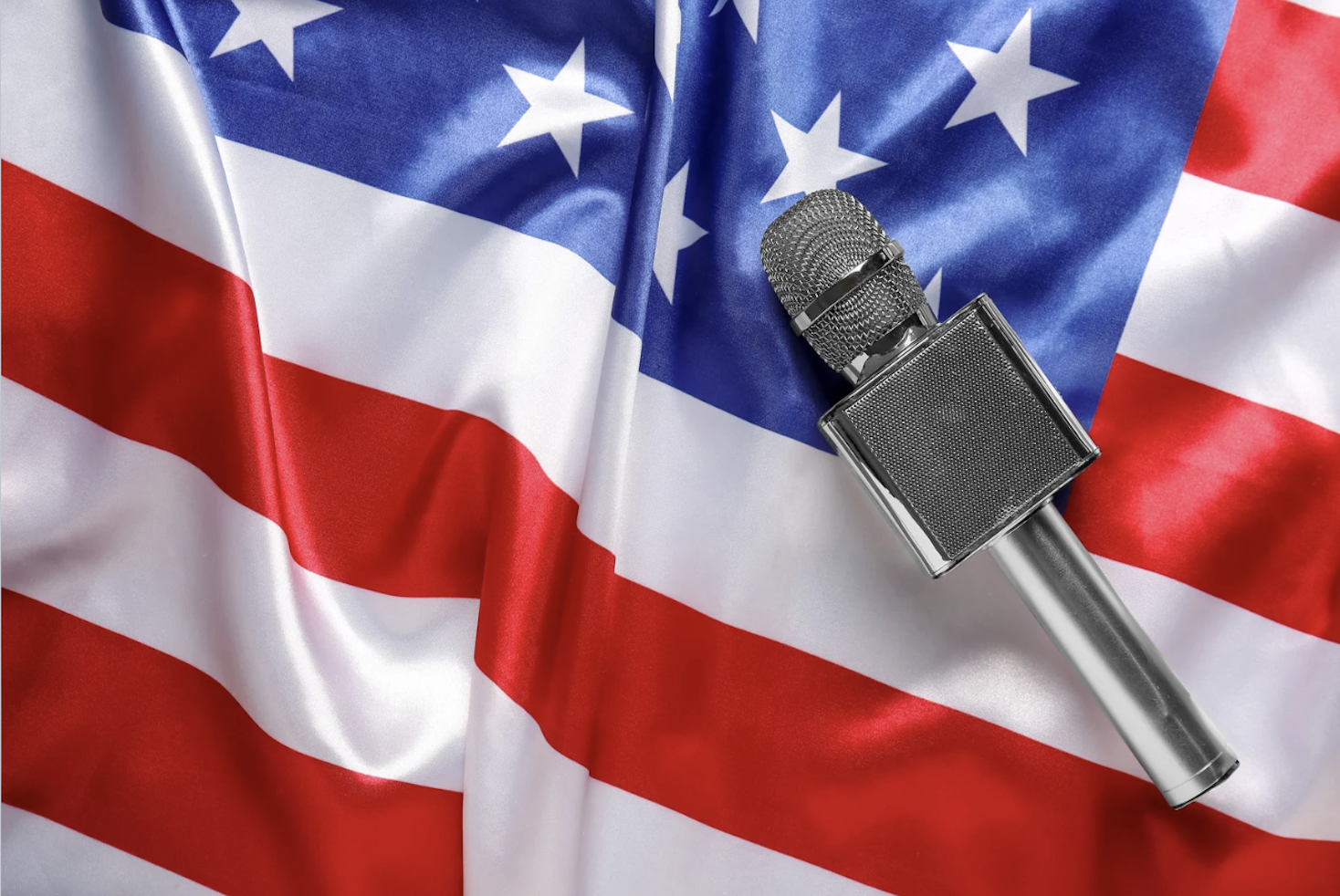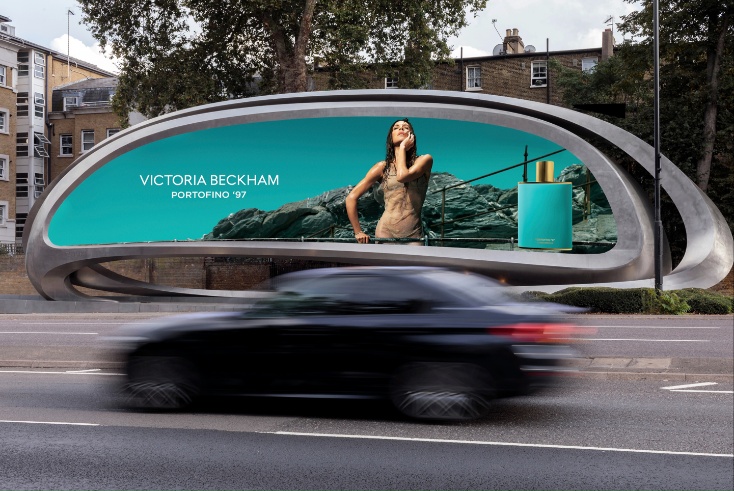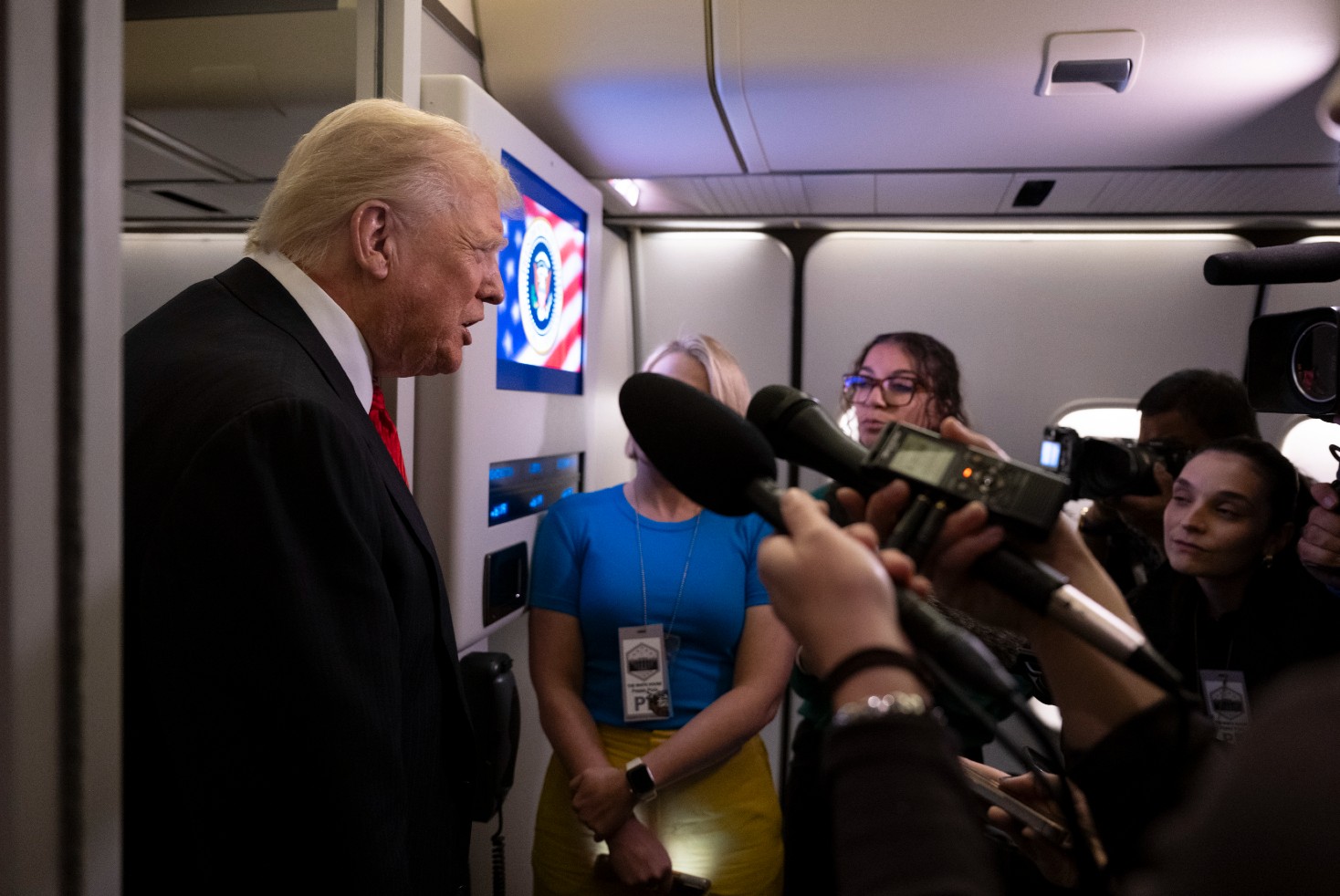What does 2026 have in store for the BBC, Trump and the tech giants? Ray Snoddy offers his forecast.
The deal to take over The Telegraph has been referred to the regulators to ensure sufficient plurality of views in news media and plurality of persons at the helm. Both interesting ideals, explains Ray Snoddy.
Ray Snoddy casts his mind back over the past 12 months to pick out the plotlines and politicos that informed his weekly column.
Could Labour campaign to overturn Brexit at the next election? The numbers add up and the UK press can be influential, explains Ray Snoddy.
A modernisation of the merger rules is long overdue, but change in the public interest is afoot, explains Ray Snoddy.
According to the Daily Mail, culture secretary Lisa Nandy is paving the way for a ‘timely’ sale of The Daily Telegraph to DMGT. Not so fast, says Ray Snoddy. Is this really a good idea?
Who should be the next director-general of the BBC? How about someone with proven experience of successfully fighting for a channel’s survival, suggests Ray Snoddy.
Is the media finally beginning to scrutinise Reform UK and Nigel Farage properly? Not before time says Ray Snoddy.
It’s a fool’s errand trying to predict the contents of the UK budget, but it doesn’t stop the newspapers trying, says Ray Snoddy.
It’s a big win for Farage as Ofcom’s ruling on what serving politicians can or cannot do on TV allows his presenter career to continue. But is impartiality at risk?
The Daily Mail’s ire turned on the advertising industry recently, claiming that black people are over-represented in British ads. What lies behind “the woke fantasies of ad-land?”





